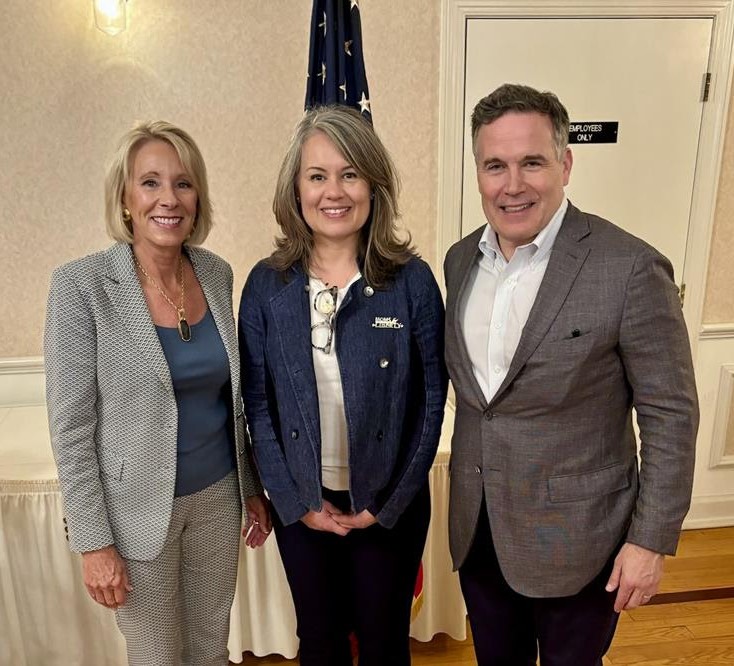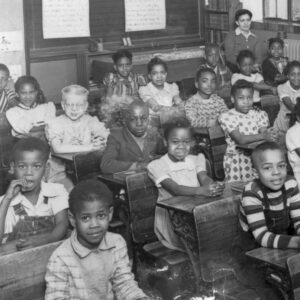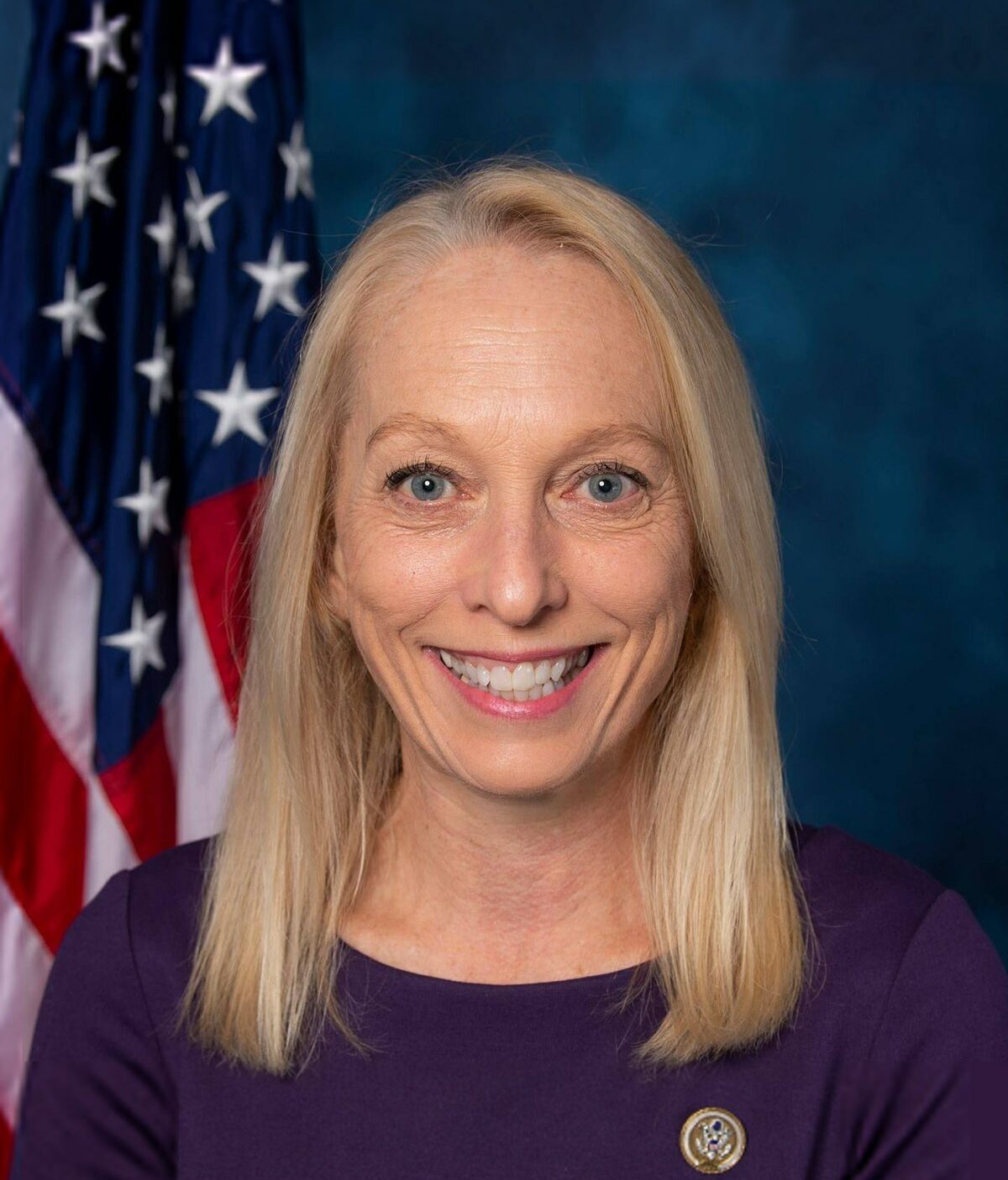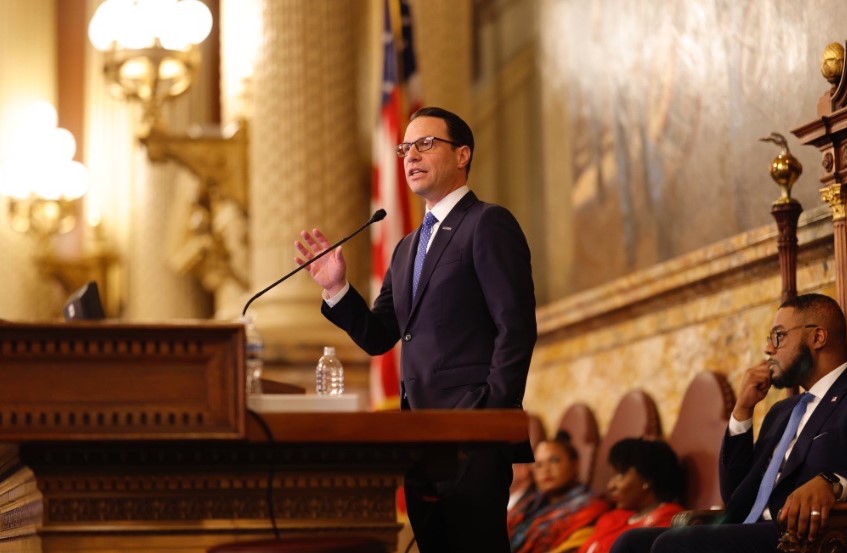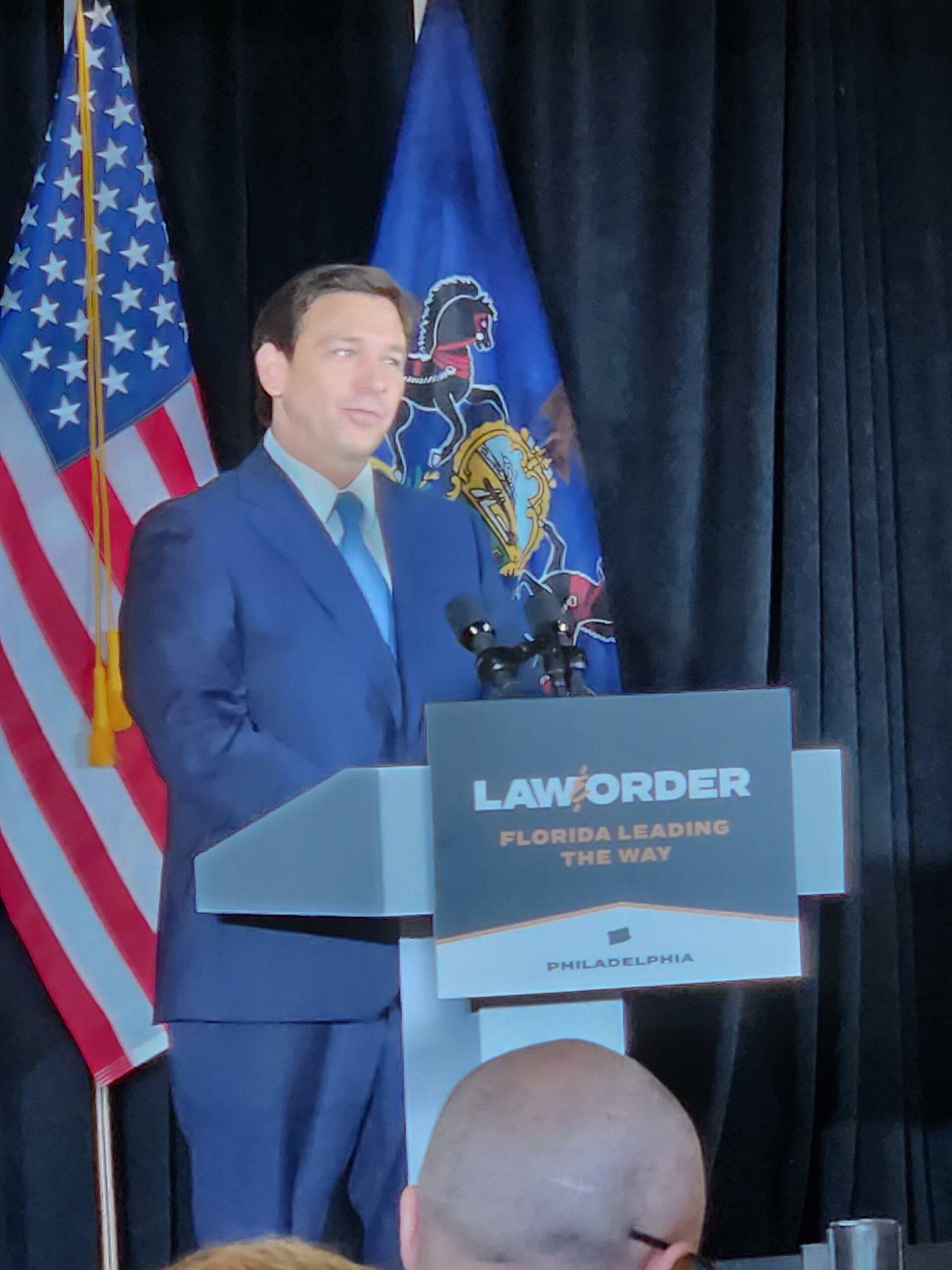PA Senate Passes ‘Grow PA’ to Help Keep Graduates in Commonwealth
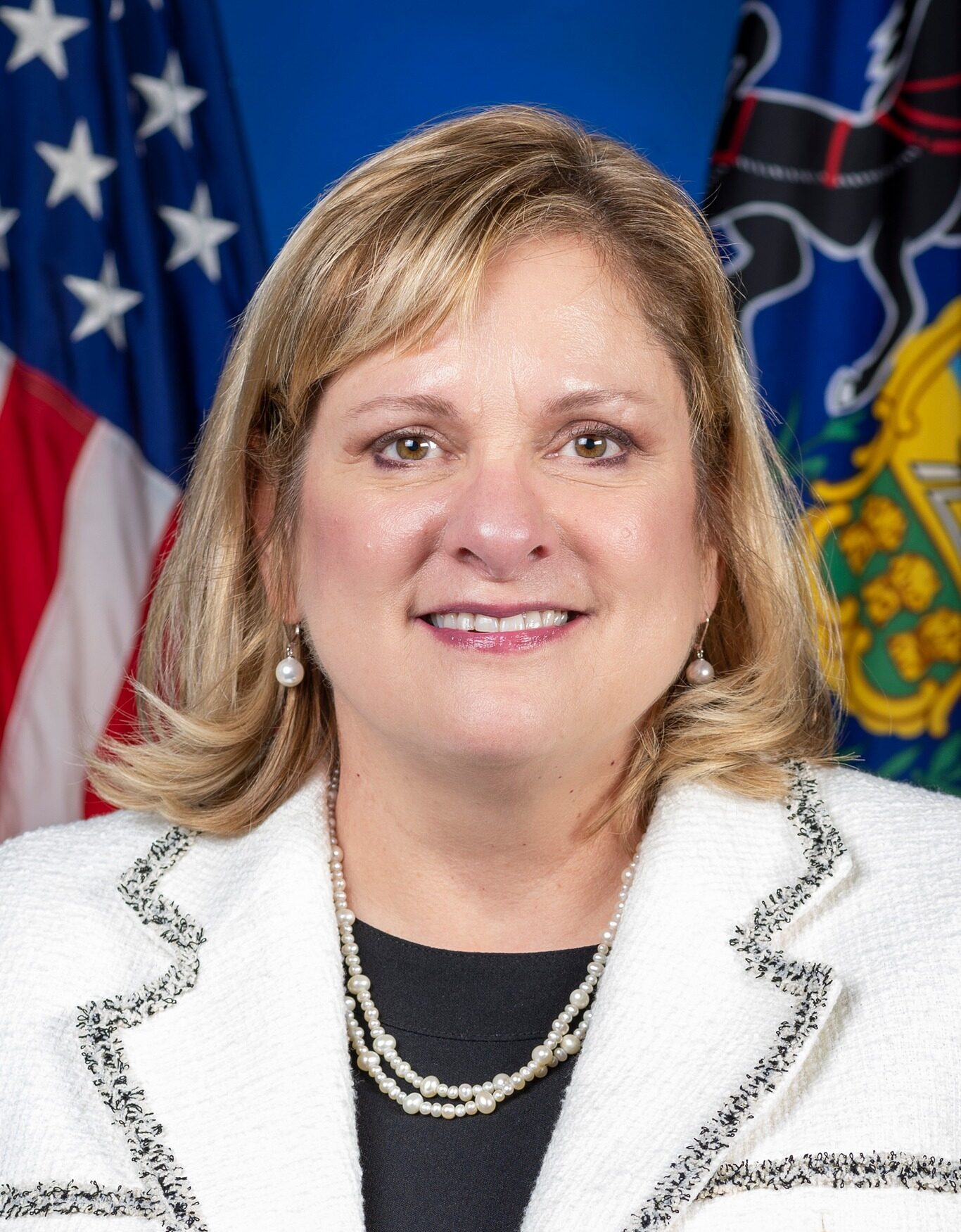
Pennsylvania lost 10,408 residents between July 2022 and July 2023, the U.S. Census said. After the 2000 Census, Pennsylvania lost a congressional seat because so many residents sought their fortunes elsewhere.
Hoping to reverse this trend, on Tuesday the Republican-led state Senate nearly unanimously passed a bipaartisan package of bills dubbed “Grow PA.”
“Everyone knows we have a declining population in Pennsylvania, and our workforce is shrinking as Pennsylvanians age,” Sen. Tracy Pennycuick (R-Montgomery) told DVJournal. “So we came together, and leadership did a great job of putting this together.”
Elizabeth Stelle, director of policy analysis for the free market think tank, agreed.
“The Commonwealth Foundation applauds Pennsylvania Senate Republicans—and state Sen. Scott Martin (R-Lancaster) in particular—for its leadership in advancing much-needed higher education reform in the commonwealth. The passage of Grow PA illustrates the Senate Republican’s commitment to supporting our students and future workforce,” Stelle said.
“Grow PA’s reforms provide student-centered funding, ensuring financial aid benefits students directly. From technical programs and community colleges to four-year universities, Grow PA funds students regardless of their choice of higher education. It prioritizes student choice—not bureaucracy—and allocates resources to the fields of study our state needs the most,” she said.
“Grow PA links accountability and results, tying scholarship grants to student success in high-demand fields, such as health care and agriculture. This approach makes higher education more affordable and aligns educational programs with the demands of our state’s key industries. As a result, students graduate better prepared, collect less student debt, and have a greater chance to secure gainful employment.”
The Grow PA Scholarship Grant Program will offer grants of up to $5,000 per year for in-state students who attend college in Pennsylvania, pursue a degree in a high-demand industry, and agree to live and work in that industry in Pennsylvania after graduation.
Students who receive grants would be required to live and work in Pennsylvania for at least 15 months for each year they accept the grant. Otherwise, the grant is converted into a loan.
A Grow PA merit scholarship program also attracts high-performing out-of-state students to a Pennsylvania State System of Higher Education (PASSHE) school.
Another bill would expand the Ready to Succeed Scholarship Program, which provides scholarships to promising students to cover the cost of post-secondary education. The bill would increase household income limits from $126,000 to $175,000 and allow students with at least a 2.5 GPA to qualify.
Pennycuick was the lead sponsor of a bill to help foster children.
The measure would expand the Fostering Independence Tuition Waiver Program, which waives higher education tuition and fees for foster children in the foster care system and adopted children. Under the bill, the program would include eligible nonresident students for undergraduate courses at PASSHE schools.
“Many young, talented individuals are simply in need of a chance to succeed. This is especially true for foster care children, who often face significant barriers when seeking access to postsecondary education,” said Pennycuick. “Let’s give foster care kids across the nation the opportunity they seek right here in Pennsylvania.”
She hopes those former foster children will continue to live as contributing members of Pennsylvania society.
“We’ve got phenomenal schools in Pennsylvania,” she said. “We have some top-notch universities. I think it’s a great way to grow Pennsylvania and bring kids that need an opportunity here.”
Another bill would impose performance-based metrics to funding for state-related universities, including the University of Pittsburgh, the Pennsylvania State University, and Temple University.
Stelle added, “Grow PA links accountability and results, tying scholarship grants to student success in high-demand fields, such as health care and agriculture. This approach makes higher education more affordable and aligns educational programs with the demands of our state’s key industries. As a result, students graduate better prepared, collect less student debt, and have a greater chance to secure gainful employment.”
The bills will now be taken up by the House.
Please follow DVJournal on social media: Twitter@DVJournal or Facebook.com/DelawareValleyJournal

